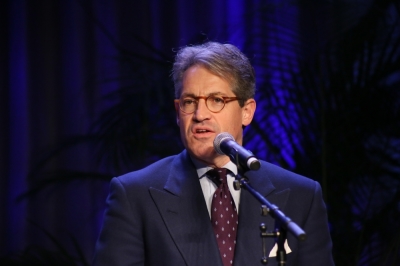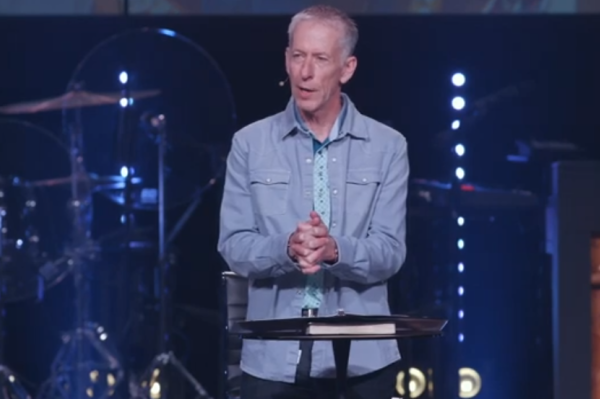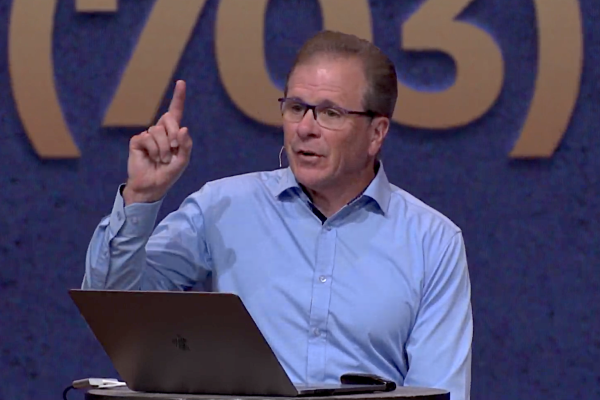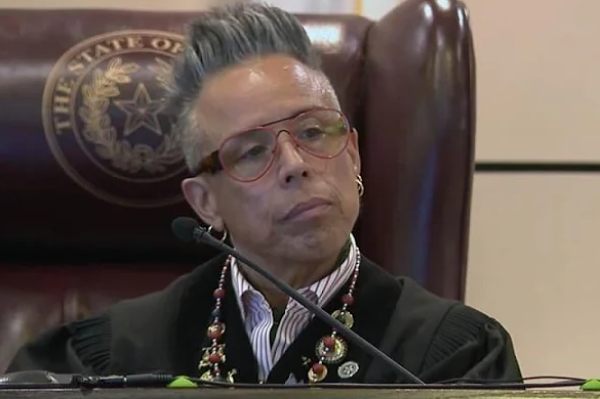The Church, Loneliness and the War on Drugs
America has a growing heroin epidemic. And as tragic as this is, it is an opportunity for the Church to be the Church.

Do you remember the "Just Say No" anti-drug campaigns of the 80s? One ad showed a rat frantically licking a water bottle laced with opiates. And a voice declared, "Only one drug is so addictive, nine out of ten laboratory rats will use it. And use it. And use it. Until dead … And it can do the same thing to you."
This ad was referring to research published in 1978 that found when lab rats were given access to large quantities of opiates, they drugged themselves to death. These experiments supported the "chemical hook" understanding of drug addiction.
But in a recent TED talk, writer Johann Hari claimed that everything we know about addiction is wrong, including the 'chemical hook' model that most of us take as settled science. Hari came to this view after talking with medical researcher Bruce Alexander, who noticed that the rats in the original experiments were locked alone in cages with nothing else to do but use the drugs.
Alexander wondered if the rats would behave differently if they weren't isolated and bored. To find out, he created an elaborate colony called "Rat Park," which had plenty of food, fun, and company. In his experiment, the rats in isolation drank up to 25 milligrams of morphine-laced water daily, compared to less than 5 milligrams for the rats in Rat Park. Alexander concluded that isolated rats almost always become junkies, while rats living among other rats almost never will.
That experiment, along with other research, led Hari to conclude that the "War on Drugs" is missing a crucial point. It is focused more on stopping the supply of drugs than on figuring out why people feel the need to use them in the first place.
Hari argues that the problem "of addiction doesn't lie in what you swallow or inject — it's in the pain you feel in your head."
Or as one recovering crack and heroin addict told him, "Addiction is a disease of loneliness."
If Hari is right, there are incredible possibilities for the real-world mission of the Church since we live in an increasingly isolated world.
Greater numbers of people seek escape from pain, fear, and the loneliness that comes from family and social breakdown. Hari suggests that we don't have an addiction problem so much as a bonding problem.
He writes that "if we can't bond with other people, we will find a behavior to bond with, whether it's watching pornography, or smoking crack or gambling."
This situation is tailor-made for Gospel-centered churches. Christians have always been a community of the walking wounded. Rather than presenting churches as places of perfection, we can reach out to substance abusers with vulnerability and honesty about our own need for recovery from the ravages of sin.
Yet, that's easier said than done.
In his book, "Life Together," Dietrich Bonhoeffer described a big challenge Christians have in creating healing communities. He said that although people "have fellowship with one another as believers and as devout people, they do not have fellowship as the undevout, as sinners. The pious fellowship permits no one to be sinner. So everybody must conceal his sin from himself and the fellowship."
If this describes your church, you might have a problem.
Alexander believes that we'll only find lasting healing when we move past treating individuals and embrace what he calls "social recovery." He asks, "How can we rebuild a society where we don't feel so alone and afraid, and where we can form healthier bonds? .. .where we look for happiness in one another rather than in consumption?"
The answer, of course, is the Church, the body of believers living in fellowship with Jesus and with each other.
As Hari says, "The opposite of addiction isn't sobriety. It's connection."
This article was originally posted here





















